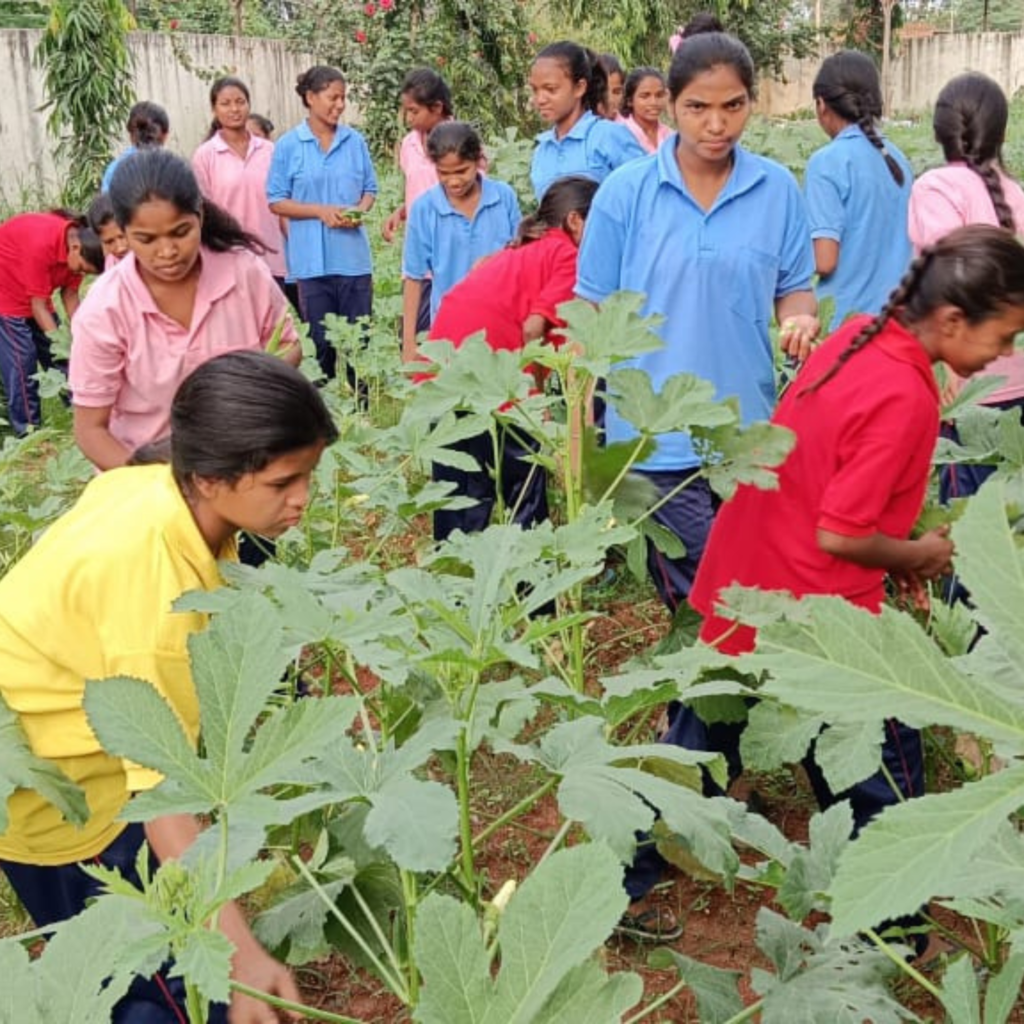School Nutrition Kitchen Garden
A School Nutrition Kitchen Garden is an innovative educational tool that combines hands-on learning with improved nutrition for students. This concept involves creating a garden within the school premises where students grow, harvest, and consume fresh produce.

Key Features
1. Educational Value:
- Practical lessons in biology, environmental science, and agriculture.
- Understanding of food systems and sustainable practices.
- Development of life skills like responsibility and teamwork.
2. Nutritional Benefits:
- Access to fresh, organic fruits and vegetables.
- Increased consumption of diverse nutrients.
- Promotion of healthy eating habits.
3. Sustainability:
- Reduced food miles and carbon footprint.
- Teaches resource management and recycling.
- Encourages eco-friendly practices.
4. Community Engagement:
- Involves parents and local community members.
- Provides a platform for intergenerational knowledge transfer.
- Can contribute to local food banks or community meals.


Implementation
- Allocate a suitable area within the school grounds.
- Involve students in planning and maintaining the garden.
- Integrate garden activities into the curriculum.
- Use harvested produce in school meals or cooking classes.


Benefits
- Improved student nutrition and health.
- Enhanced academic performance through experiential learning.
- Development of lifelong gardening and nutrition skills.
- Stronger school-community relationships.
A School Nutrition Kitchen Garden is more than just a source of fresh produce – it’s a living classroom that nourishes both body and mind.